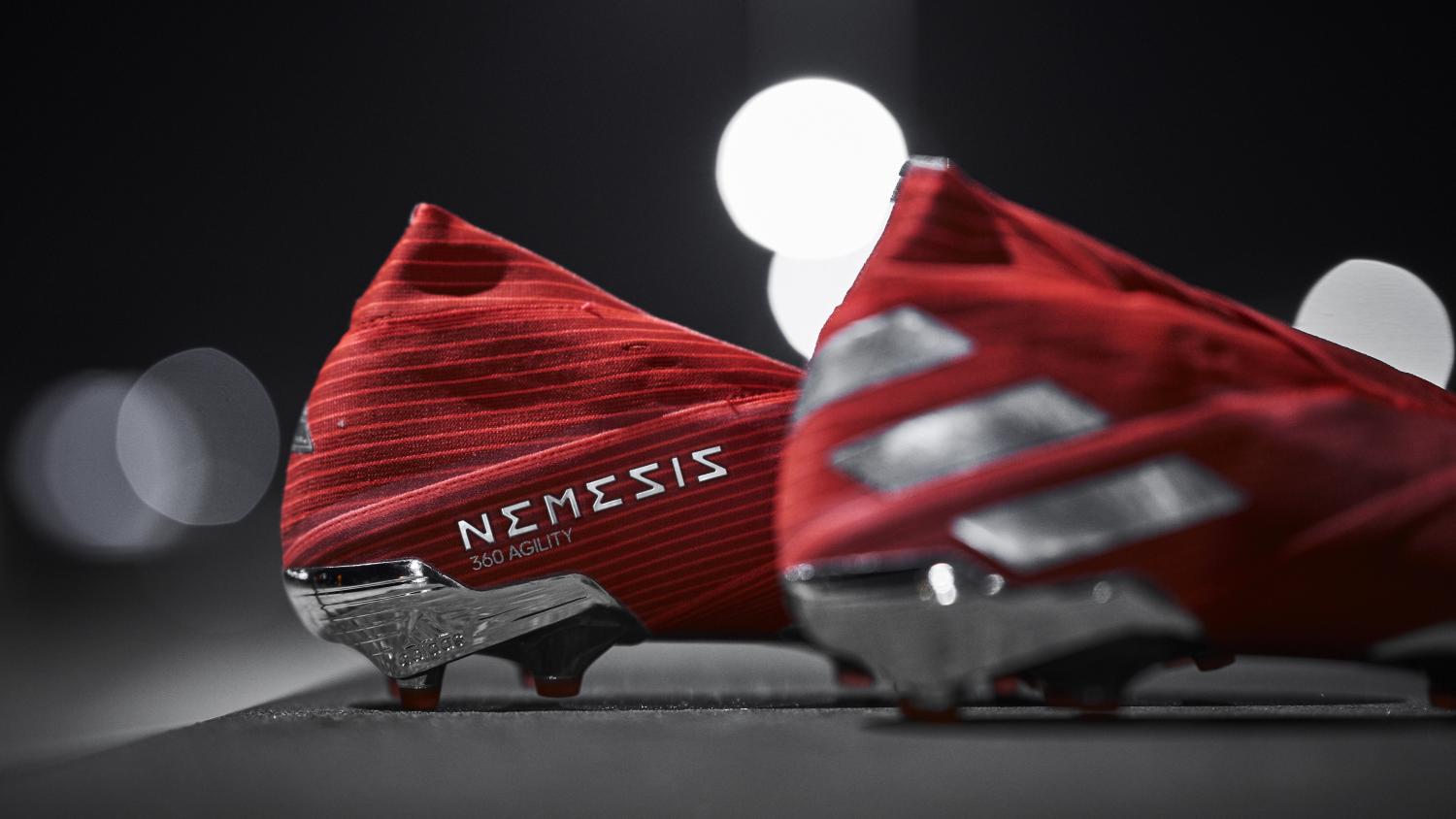While many people scoff at the idea that a cleat impacts a player's game, when it comes to professionals, it's undeniable that there are clear trends in terms of cleat preference. The main factor, in terms of boot preference for professionals, is the material that constitutes the upper portion of the cleat. This article looks at the three main types of material, attempting to understand why certain players favor specific materials, and we'll discuss k-leather vs kangaroo leather.
The Three Main Types Of Cleat Material
#1: Kangaroo Leather (K-Leather)
A side note: K-Leather vs Kangaroo Leather
Before discussing kangaroo leather, I want to clear the air when it comes to Kangaroo leather vs. K-leather. Many people seem to think that K-leather is some sort of synthetic kangaroo leather. They are the same thing! K-leather is just the abbreviated version of kangaroo leather, it's not different in any way, shape or form.
Part of the reason you see companies use the phrase "k-leather" is that they don’t like advertising the fact that kangaroo leather comes from the hide of a kangaroo. The use of kangaroo leather is very controversial, with the sale of kangaroo leather products being banned in California, so the abbreviation helps hide the cleat’s contentious origins.
Kangaroo leather is known for its soft and comfortable fit. The leather molds to the foot, creating a natural feel when the ball is at your feet. When it comes to leathers, kangaroo is the lightest offered, making it the only popular leather cleat material among major professional players. The combination of comfort, protection and natural feel makes these cleats popular among deep-lying midfielders, center backs and goalkeepers.
Notable Cleats: Nike Tiempo Legend 8, Adidas Copa 19.1, PUMA King
Notable Players Who Wear It: Adrien Rabiot, Jorginho, Virgil Van Dijk, Sergio Ramos, David De Gea
#2: Synthetic
Synthetic material is a popular cleat material because it is so light. It's far more flexible than leather, and the synthetic material allows for more colorful and complicated cleat designs. Modern synthetic cleats are getting closer and closer to mimicking the touch of a kangaroo leather cleat in terms of foot-feel, but it still isn’t close enough that everyone has made the transition over.
A downside to these cleats is that they typically aren’t as durable as leather cleats (assuming you treat your leather), but they offer greater water resistance and are much easier to clean. They are typically packed with technology that is said to improve the players game, but in the end, I think the value of cleat technology really depends on the player using the cleats. These cleats are popular among wing players, attacking midfielders and strikers due to their lightweight nature.
Notable Cleats: Adidas X 19.1, Adidas Predator 19.1, Adidas Nemeziz 19.1, New Balance Furon, Puma One 19.1
Notable Players: Lionel Messi, Robert Lewandowski, Sergio Aguero, Saido Mane, Paul Pogba, Jordi Alba, Trent Alexander-Arnold
#3: Knit
#NewLevels.
The all-new PUMA Future 19.1 - part of @pumafootball's #PowerUp pack - has fully loaded to https://t.co/KShHfIr0Pk https://t.co/xNfyRGSs7t pic.twitter.com/sH9qRQ3Lp4— SOCCER.COM (@soccerdotcom) January 11, 2019
The newest and most popular cleat type right now, knit cleats are typically made of a continuous layer of yarn-like material. Knit cleats are extremely lightweight and thin, offering a barefoot feel that sets it apart from both synthetic and kangaroo leather cleats.
Because this cleat is so thin, it offers less protection on the field and is less durable than its synthetic and leather counterparts. That being said, the comfort and weight of knit cleats are a tier above the other options, making them popular among pacey forwards.
Notable Cleats: Nike Phantom Venom, Nike Phantom Vision, Nike Mercurial Vapor VII Elite, PUMA Future 19.1
Notable Players: Cristiano Ronaldo, Luis Suarez, Raheem Sterling, Marcus Rashford, Antoine Greizmann, Neymar

 Home
Home


